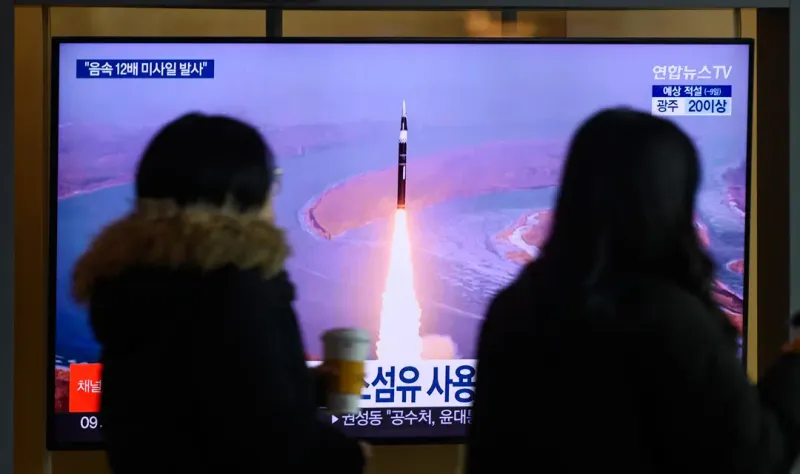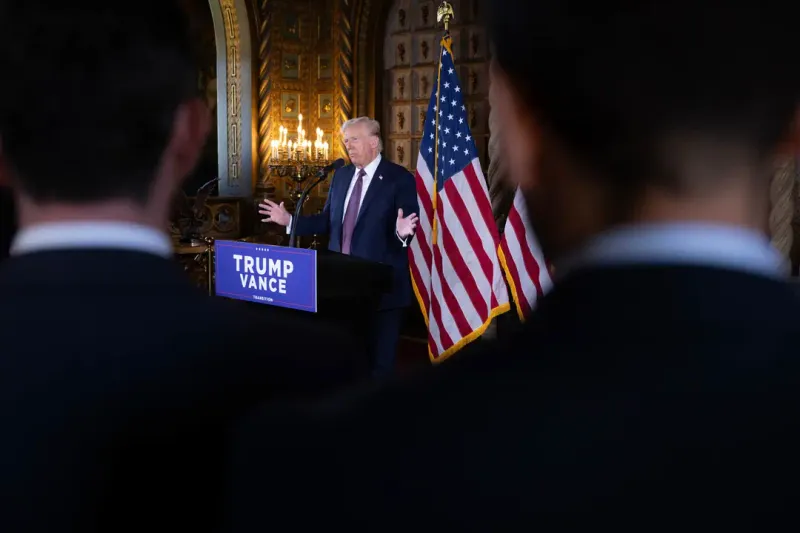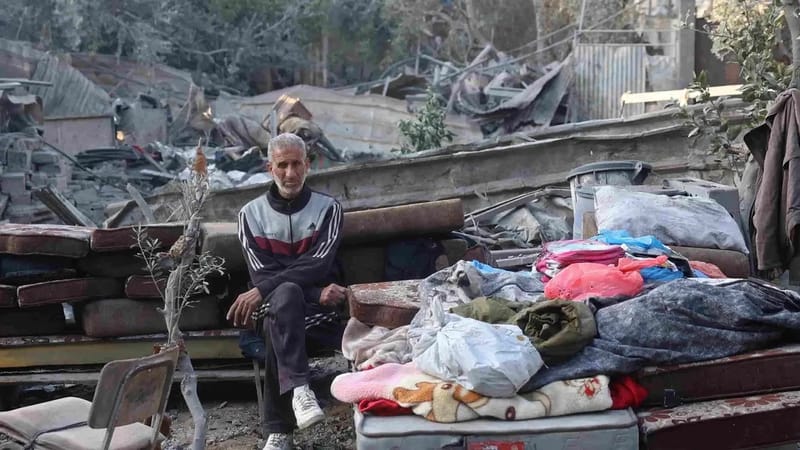EU Agrees to Fresh Curbs on Ukrainian Food Imports
Amid months of farmers' protests and some EU countries calling for tougher trade restrictions, the bloc's lawmakers on Wednesday reached a tentative deal to extend the continuation of tariff-free imports from Ukraine into the EU for another year....
Facts
- Amid months of farmers' protests and some EU countries calling for tougher trade restrictions, the bloc's lawmakers on Wednesday reached a tentative deal to extend the continuation of tariff-free imports from Ukraine into the EU for another year.1
- However, in a bid to satisfy European farmers, the provisional deal agrees to reduce imports on many Ukrainian foodstuffs, as well as to introduce a levy that kicks in if the quantities imported of poultry, eggs, sugar, oats, maize, and honey exceeds the average from 2022 and 2023.2
- While the EU has a free trade agreement with Ukraine that dates back to 2014, remaining restrictions on an array of Ukrainian imports were lifted in a bid to support the country following the Russian invasion in 2022.3
- Those Ukrainian imports have been a source of some friction within the EU. Last year, in breach of EU rules, five EU countries — including Poland — imposed unilateral trade restrictions to quell domestic anger from local farmers. After a public spat over the issue, Poland also ceased supplying Ukraine with weapons.4
- In the meantime, the farmers' discontent has worsened. In Poland, after months of farmers jamming border crossings with tractors in the country's east, the protests have this week expanded — now blocking some border crossings near Poland's border with Germany.1
- While it's too soon to say how EU farmers will react to the latest EU agreement, it has been reported that the EU's agreement will not impose limits on the imports of wheat — one of the most hotly contested areas.3
Sources: 1France 24, 2Financial Times, 3POLITICO (a) and 4POLITICO (b).
Narratives
- Narrative A, as provided by Financial Times. EU officials are closely monitoring Ukrainian imports. While the deal does not impose a blanket ban, there are mechanisms in place to prevent European markets from being flooded with cheap produce. The new agreement toughens these restrictions — a sign from EU officials to farmers that they're listening to their concerns.
- Narrative B, as provided by Reuters. Rather than alleviating concerns, the farmers' protests are only spreading. They are neither confined to a few Eastern countries nor to the issue of Ukrainian imports — protests are now taking place across the continent and farmers are angry at a variety of different issues.







